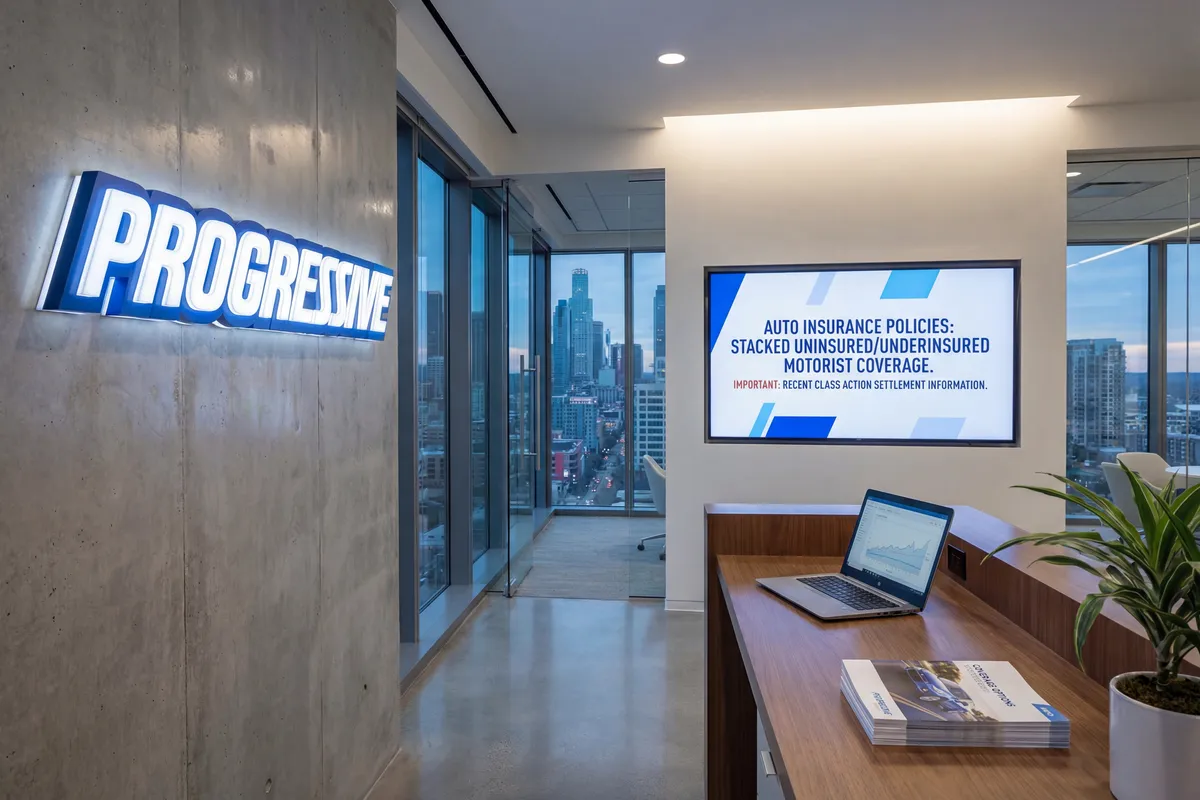Lyft Faces Class Action Over Alleged FCCPA Violations

In a recent class action lawsuit, Andrew Baker, a resident of Osceola County, Florida, has alleged that Lyft, Inc., a Delaware Corporation, violated the Florida Consumer Collection Practices Act (FCCPA). The plaintiff claims that Lyft sent an electronic mail communication regarding a debt collection to him between 9:00 PM and 8:00 AM without his prior consent.
What is the Florida Consumer Collection Practices Act (FCCPA)?
The FCCPA is a state law that provides protections for consumers against abusive, deceptive, and unfair debt collection practices. It prohibits debt collectors from engaging in certain types of behavior, such as communicating with a debtor between 9:00 PM and 8:00 AM without the debtor's prior consent.
According to the complaint, Lyft allegedly violated § 559.72(17) of the FCCPA, which specifically prohibits this type of communication. If proven, this could have serious implications for the company.
What Led to the Lawsuit?
Andrew Baker, the plaintiff, alleges that Lyft began attempting to collect a consumer debt from him related to a transaction for personal, family, or household purposes. Lyft then sent an electronic mail communication to Baker regarding the balance due.
The communication was allegedly sent between 9:00 PM and 8:00 AM without Baker's prior consent, which is a direct violation of the FCCPA. This led Baker to file the class action lawsuit against Lyft.
Who are the Class Members?
The proposed class includes all persons with Florida addresses who received electronic mail communication from Lyft between 9:00 PM and 8:00 AM in connection with the collection of a consumer debt. The exact number of class members is unknown but is believed to be in the several thousands.
These individuals, like Baker, allegedly received communication from Lyft during prohibited hours, which could potentially make them eligible for compensation if the lawsuit is successful.
What Damages is the Plaintiff Seeking?
The plaintiff is seeking relief, including statutory damages, an injunction, attorneys' fees, and costs. While the exact dollar amount is not stated in the complaint, it is likely to be at least five million dollars given the potential size of the class.
This amount could significantly impact Lyft's financial standing and reputation, especially if other similar lawsuits are filed in the future.
What Could be the Next Steps in the Case?
The next steps in the case will likely involve Lyft responding to the allegations. If the case proceeds, it could go to trial where a jury would decide whether Lyft violated the FCCPA.
Alternatively, the parties could reach a settlement before trial. Regardless of the outcome, this case serves as a reminder for companies to ensure they are complying with all relevant consumer protection laws.

.webp)
.webp)
.webp)

.webp)
.webp)
.webp)
.webp)
.png)






.webp)





.svg)